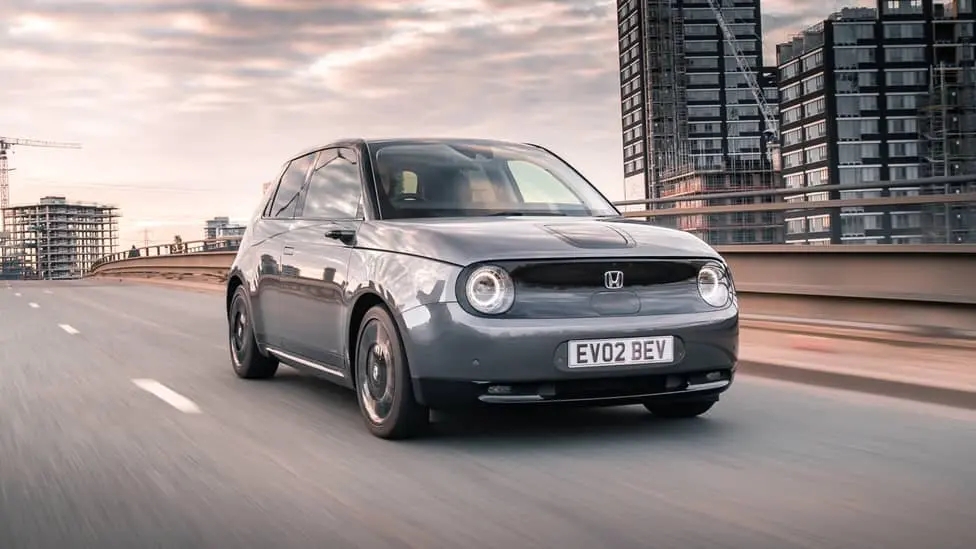
By Anders Lorenzen
The war in Ukraine has triggered an energy crisis. Although, before Russia invaded Ukraine, the energy crisis was already underway then driven by a shortage of gas storage facilities.
But since the war in Ukraine began the thirst to move away from Russian fossil fuels has strengthened, and the oil price has surged upwards.
All this has contributed to a spike in petrol prices which of course hits families, businesses, transport, and contributes to the cost of living crisis. When petrol prices go up so does the cost of food and, as we know oil is heavily linked to economic trends and the price of oil is tied to almost every economy. Right now in the UK, the cost of a litre of petrol costs 60p more than 12 months ago.
Just go electric
However simplistic it may sound there is an easy answer to this, just go electric.
Critics of electric vehicles (EVs)’s would be keen to argue why a switch to EVs is not an economically viable option and might cite; range, the time it takes to re-charge, the lack of charging infrastructure and how expensive they are. A lot of these criticisms are talking points from the fossil fuel industry which for obvious reasons is keen to slow down the EV transition as much as possible.
Outdated arguments
A lot of these points were once true, but are quickly becoming outdated. While the cost of a new EV is still a little bit more expensive than a petrol or diesel car this gap has narrowed significantly in recent years as the number of new models and EV cars produced is drastically increasing. While the upfront cost might scare many individuals, once you have bought it most of the cost is taken care of.
Charging your car is literally peanuts compared to fueling petrol and diesel cars – even before the surge in the price of petrol. In addition to this, you can re-charge in many places, supermarkets offer free charging and increasingly companies are offering free EV charging for their employees. And if you were to recharge at home overnight where electricity is cheap it costs even less than using a forecourt. Additionally, an EV does not age in the same way as petrol and diesel cars and does not decrease significantly in value during ownership.
In recent years driving range has significantly increased, and the term range anxiety is becoming something of the past. It is not unusual for an EV to have a range of over 200 miles. Only a few people would need to do more than that in one day, and even so you would surely need to stop for a break at one point. And while you have that break due to the evolution of rapid charging technology you would be able to charge at least 80% during a 20-30min stop. While there’s still some way to go with charging infrastructure, it has massively increased and it would be very unusual not to find an EV charging facility on any service stop on UK motorways. Only if driving in the remotest parts of rural Scotland may you struggle.
There could not be a better time to switch to an EV than right now. This would save money in the long-term, do your bit to reduce emissions and help the climate, and help the economy be more resilient next time an oil shock hits us.
2 replies »